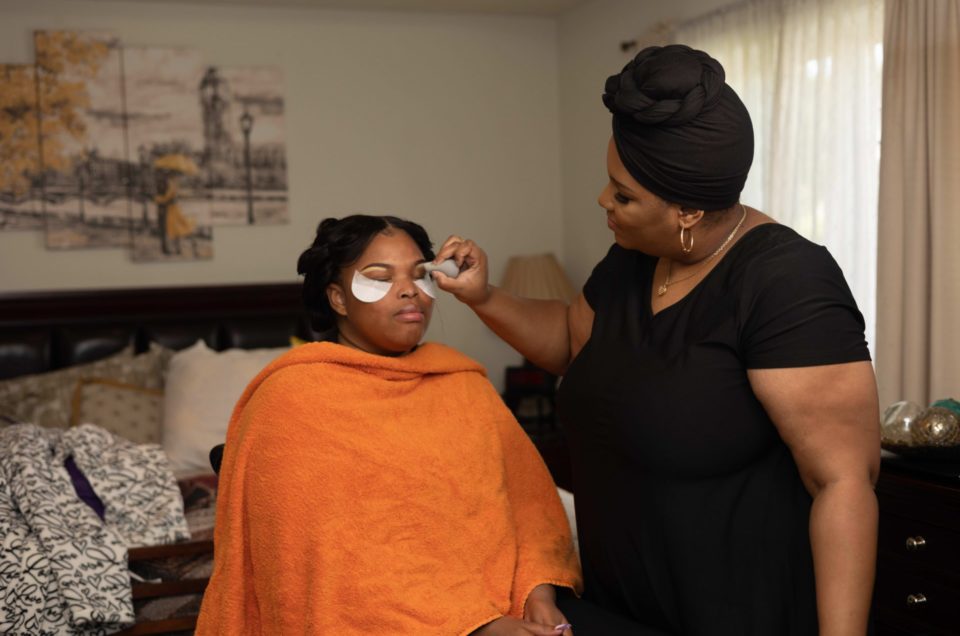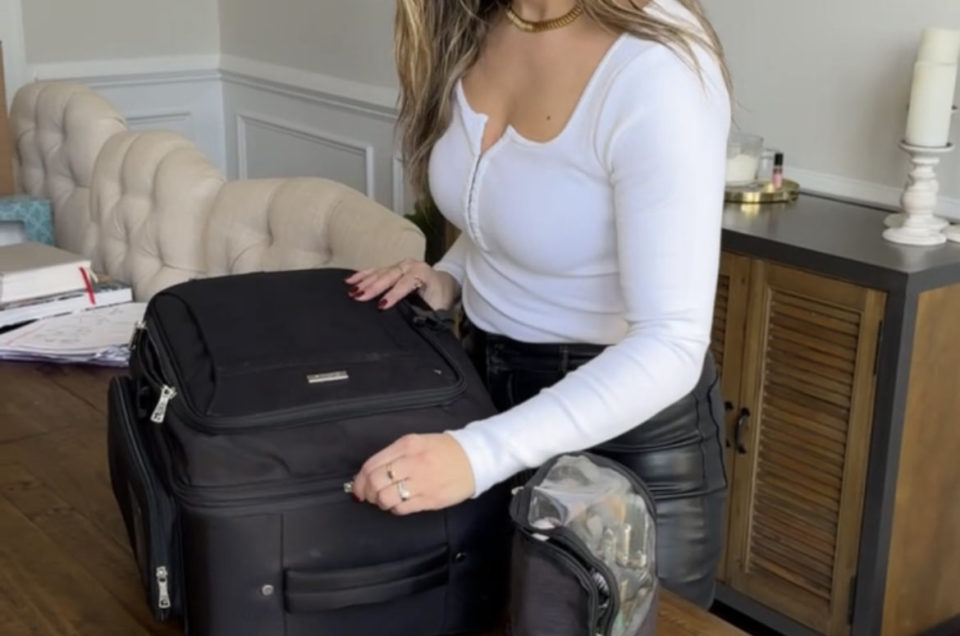As a hair and makeup artist, there are several tax write-offs you can take advantage of to reduce your taxable income. Whether you’re running your own studio or working on location for clients, understanding which expenses are deductible is crucial to maximizing your savings. Here’s a list of potential tax deductions for hair and makeup artists that can help you keep more of your hard-earned money while staying compliant with tax regulations.
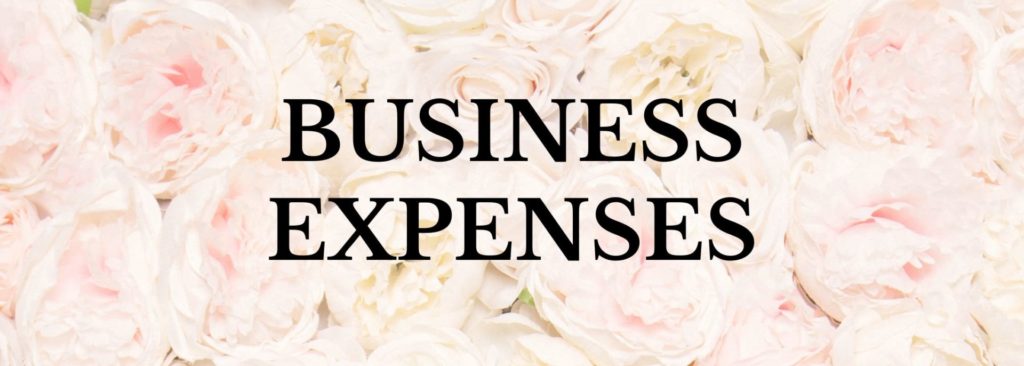
Studio Rent: If you rent a space for your business, this cost is deductible.
Home Office: If you work from home, you may qualify for a deduction based on the square footage of your office space.
Insurance: Business liability insurance, equipment insurance, and any other relevant policies.
Business Licensing: Fees for any local or state business licenses required to operate legally.
Legal and Professional Fees: Costs for consultations with accountants, lawyers, or business coaches.
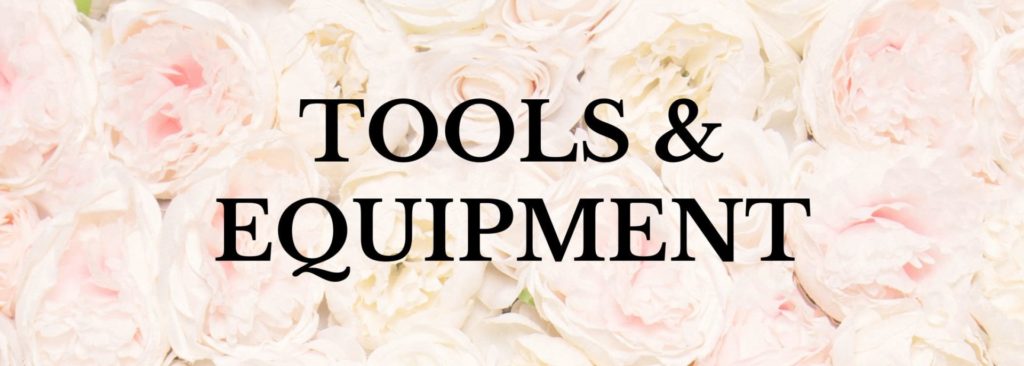
Makeup Brushes: Any brushes or tools used for makeup application.
Cosmetic Products: Foundations, powders, eyeshadows, lipsticks, etc. used for clients.
Hair Styling Tools: Blow dryers, straighteners, curling irons, etc., if you also offer hairstyling services.
Beauty Equipment: Mirrors, lighting, facial steamers, etc. used in your practice.
Furniture: Items like chairs, tables, mirrors, etc. used in your studio or during client appointments.
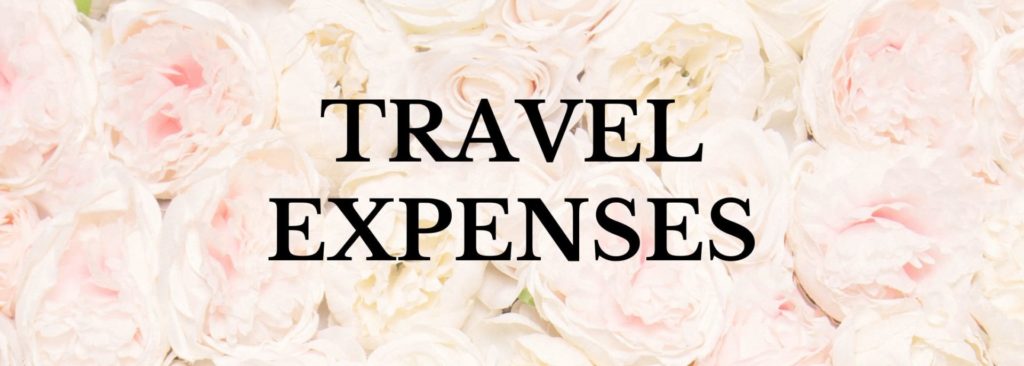
Mileage: Deduct miles driven to and from client appointments, studio, events, or locations where you conduct business.
Travel Costs: Airfare, hotel stays, car rentals, meals, and other expenses for destination weddings or events.
Parking and Tolls: Fees paid for parking or tolls when traveling for business purposes.
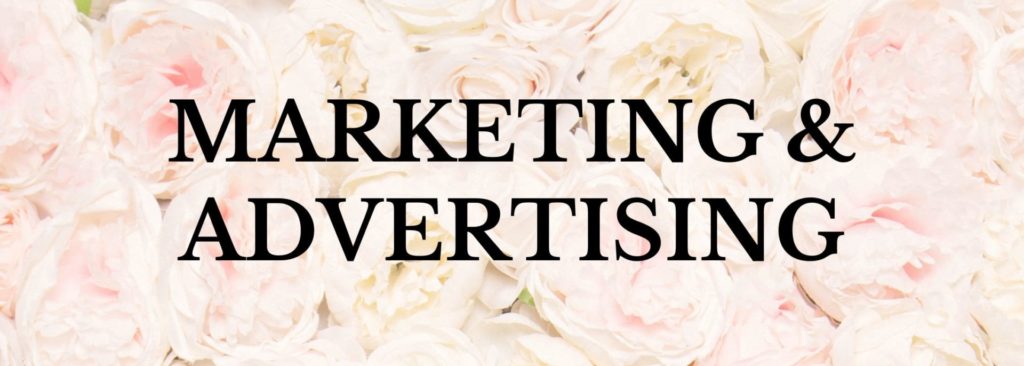
Website Development & Maintenance: Cost for building or maintaining your website or blog.
Social Media Advertising: Costs associated with promoting your services via Facebook, Instagram, or Google Ads.
Business Cards & Print Marketing: Cost of printing cards, brochures, flyers, etc., to promote your business.
Photography: Professional photos of your work for your website, social media, or portfolio.
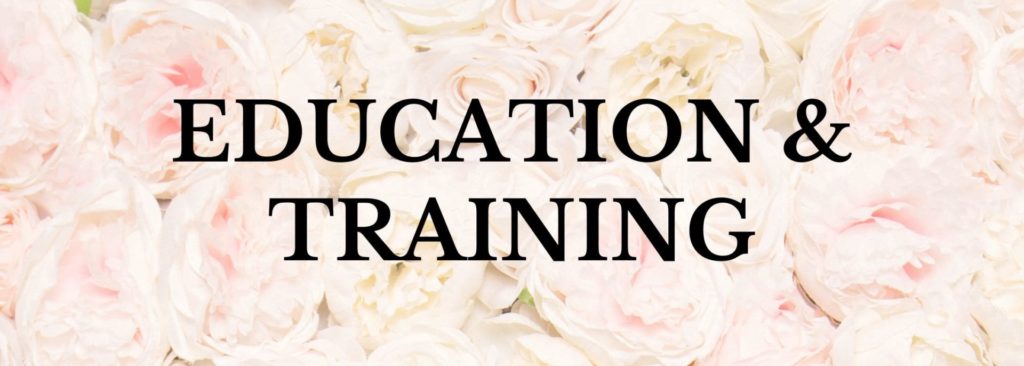
Classes & Workshops: Fees for attending makeup courses, styling workshops, or any other relevant industry training.
Books & Magazines: Subscriptions to beauty magazines or purchasing beauty books related to your business.
Certifications: Fees for any certifications you earn in makeup, hair styling, or related skills.
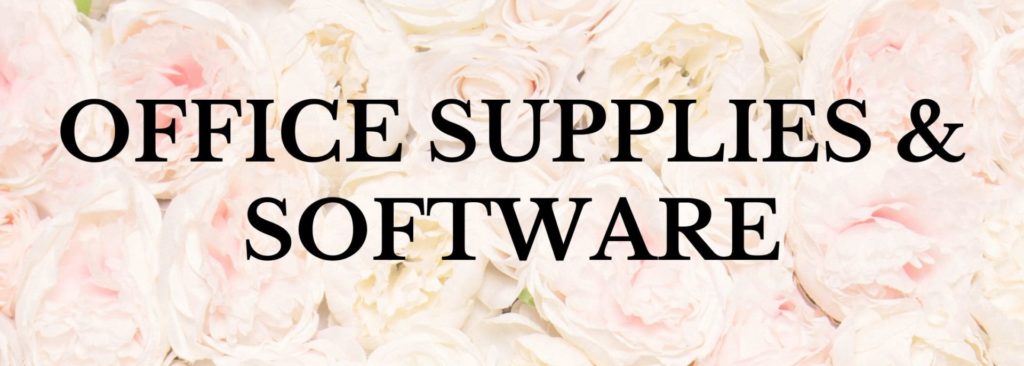
Office Supplies: Pens, paper, planners, and other supplies for managing your business.
Accounting Software: Programs like QuickBooks, or other tools you use for invoicing, scheduling, and keeping track of your business finances.
Scheduling Software: If you use tools like Acuity Scheduling or Booksy for client bookings.
Storage Solutions: Organizers or cases used to store your makeup and tools.
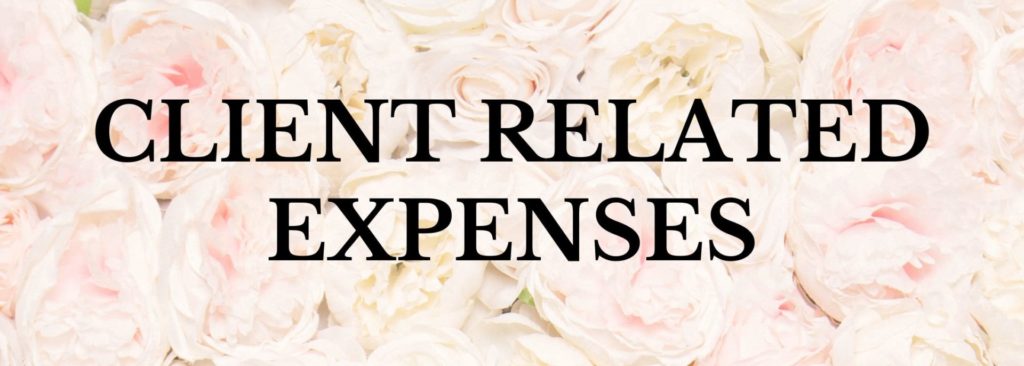
Client Gifts: Any small gifts or thank-you items given to clients can be deducted.
Client Meals: If you meet clients for business over a meal, a portion of the meal can be deducted.
Traveling with Clients: If you travel with clients for events, travel-related costs could be deducted.
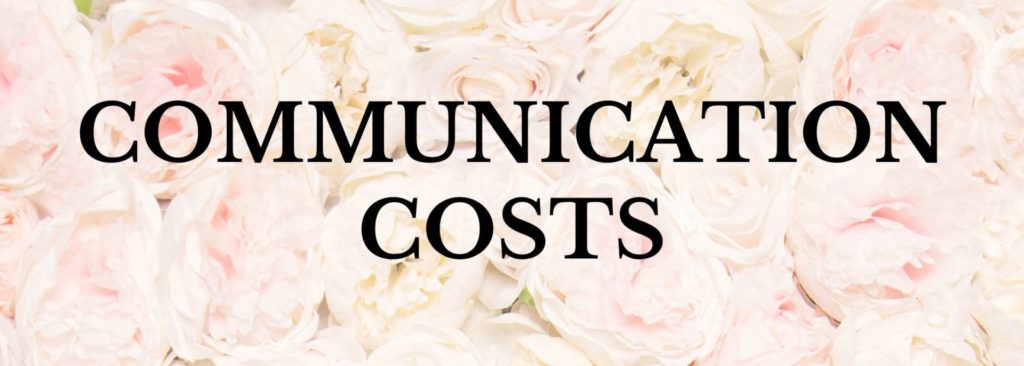
Phone Bill: A portion of your phone bill is deductible if you use it for business calls, texts, or emails.
Internet Service: The part of your internet service that is used for your business is also deductible.
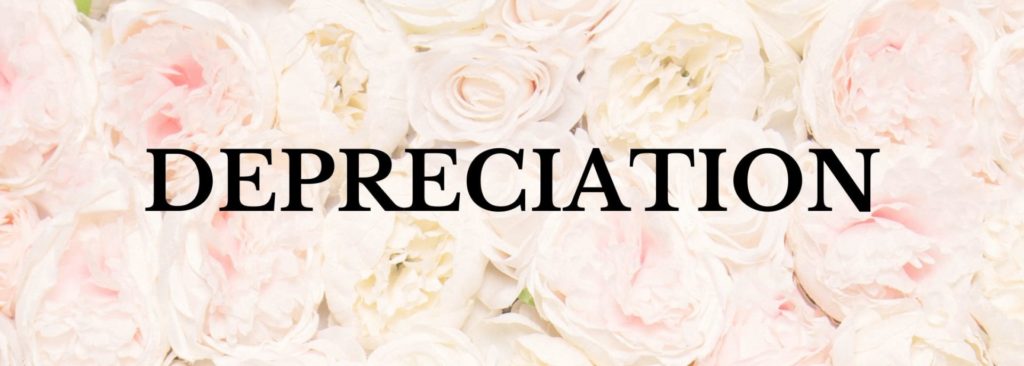
Depreciation on Large Equipment: If you purchase large equipment like cameras, or professional lighting that will last more than one year, you can deduct a portion of its cost each year.
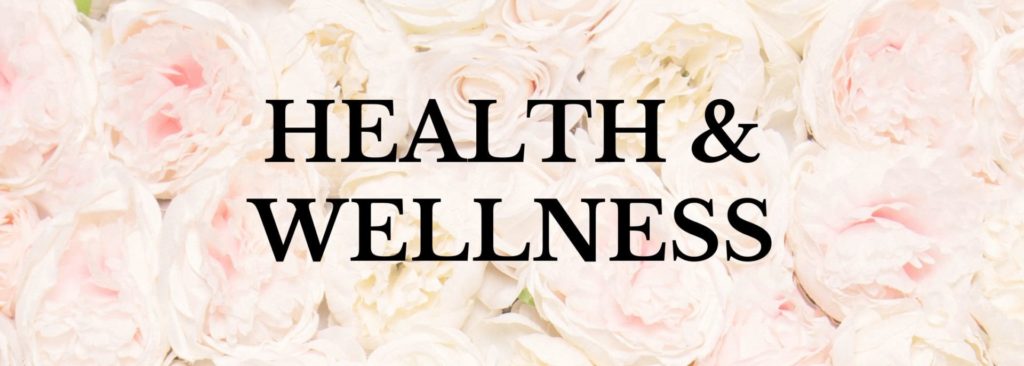
Health Insurance: If you’re self-employed, you may be able to deduct your health insurance premiums, including dental and vision, for yourself and your family.
Wellness Programs: If you participate in programs that promote your health and are related to the business (i.e., relaxation techniques to deal with stress from work), those costs may be deductible.
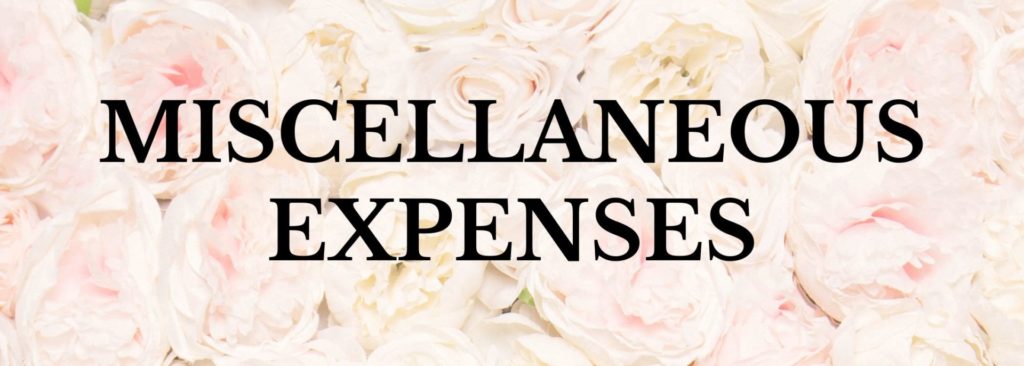
Bank Fees: Any fees associated with your business bank account or business credit card.
Subscriptions: Costs for beauty or industry-related subscription services, like online platforms that teach new techniques or provide beauty industry trends.
Uniforms: If you wear specific clothing for your job (like a branded shirt), it may be deductible.
Make taxes even easier with our printable Beauty Artist Tax Cheat Sheet!
Important Note: Always consult a tax professional to ensure you are correctly documenting and claiming your deductions, as tax laws and rules can change. Keep all receipts, track your mileage, and stay organized to maximize your deductions!

